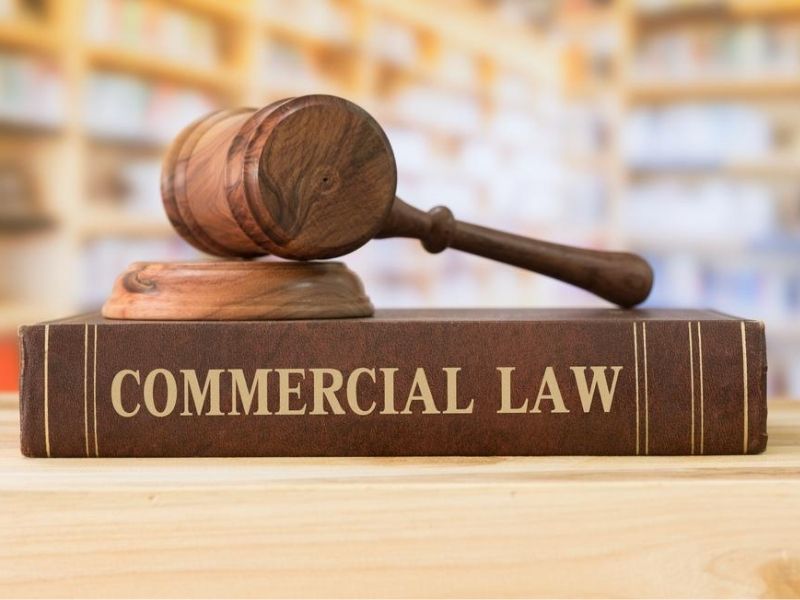No matter how small or large, companies can find themselves in legal hot water before they know it. Several hire a top-notch business litigation lawyer to help smooth things over, but even that isn’t guaranteed to save them from massive losses. Case in point: these top five companies that lost loads of cash in lawsuits.
Airborne
Despite never admitting to having done anything wrong, Airborne paid out $23.3 million in customer refunds back in 2008. The sum was part of a class action lawsuit started by David Schardt. Schardt happened to be a senior nutritionist at the Center for Science and Public Interest.
The case claimed that Airborne’s remedy to ward off colds and boost the immune system were misleading. As it turned out, there was no scientific evidence to support those claims and the court ruled in Schardt’s favor.
Apple
Even a titan like Apple isn’t immune to legalities, which they found out in 2016 when Nokia sued them. The case claimed that Apple relied on Nokia’s patents for software, chipsets, UI, and more from the 3GS onward.
Instead of dragging it out in court, Apple decided to settle. They ended up paying Nokia $2 billion. You might think that would end a partnership, but both companies buried the hatchet and moved on to continue their technological collaboration. This proves the importance of patent invention ideas.
Dannon
A class-action lawsuit in 2010 claimed that both Activia and DanActive yogurts created false claims about their products’ health benefits. Trish Weiner of Los Angeles tried both but noticed no changes to her digestion.
The suit focused on the fact that there was no scientific proof of these claims, making Dannon’s advertising false and deceptive. The court agreed, with Dannon paying $45 million in damages to their consumers.
Enron
Not only did they collapse in 2001 from fraudulent accounting, they found themselves in one of the largest settlements in United States history in 2008 for securities fraud, click to read more about the legal implications in this sort of problems. Shareholders and investors claimed they were entitled to $7.2 billion from the company’s affiliates.
Those affiliates were financial institutions that played a major role in Enron’s demise, and the court did decide to hold them liable. CIBC paid $2.4 billion, JPMorgan Chase paid $2.2 billion, and Citigroup shelled out another $2 billion.
Kellogg
A 2009 ad campaign for Kellogg’s Rice Krispies claimed the cereal boosted children’s immunity. Several groups took issue with this claim, including the FTC and Oregon’s attorney general. Together with masses of parents, they sued Kellogg for false claims and zero scientific evidence.
As several lawsuits turned into one class action lawsuit, Kellogg decided it was best to settle outside of court. They shoveled out $2.5 million to their consumers and donated another $2.5 million of their products to charity.
GlaxoSmithKline
In 2012, Wendy Dolin sued GlaxoSmithKline when her husband committed suicide after taking their generic form of Paxil. While the container did list a warning for increased suicidal tendencies in those under 25, prosecutors were able show the ingredients in the pills raised that risk by 670 percent.
The court sided with Dolin and the drug company would have to pay her $3 million, but that wasn’t the end of it. Later that year, they would have to pay another $3 billion in for misbranding Paxil as well as Wellbutrin. The Department of Justice led this case, but the FDA would later join in and prove that GlaxoSmithKline failed to report data about Avandia as well.
